"When I read great literature, great drama, speeches, or sermons, I feel that the human mind has not achieved anything greater than the ability to share feelings and thoughts through language."
-James Earl Jones-
Proverbs 16:21 (NIV)
"The wise in heart are called discerning, and gracious words promote instruction."
At Heyhouses we aim for all our children to enter Key Stage 2 as confident and fluent readers. We aim to foster a love of reading in all our pupils and for them to read for pleasure well beyond Key Stage 2.
To enable this is the case we have implemented the use Essential Letters and Sounds (ELS) as our Phonics program to ensure every child can read well, quickly.
The principles of ELS
• The delivery of whole-class, high-quality first teaching with well-structured daily lesson plans
• The use of consistent terminology by teachers, children and parents
• The use of consistent resources that support effective teaching
• Repetition and reinforcement of learning
• Regular and manageable assessment to ensure that all children ‘keep up’ rather than ‘catch up’
Please see below for a more in depth guide to the ELS program of study:
Below is a walkthrough of what an ELS session will look like in class:

Our CUSP based writing lessons use a broad range of supporting texts which contain examples of how the concepts that are being taught can be used effectively. Through discussion, modelling and oral rehearsing, the children will be taught the components they need to confidently create their own writing pieces. Each lesson has the following learning routine…

Connect Revisiting prior learning and making connections with current lesson
Explain Introduction to new vocabulary and explanation of core concept using model text
Example Teacher models key concept
Attempt Pupils practise together with support of the teacher
Apply Pupils practise independently
Challenge Opportunities given to deepen understanding and sophisticate thinking.
Please see the Long Term Writing sequence:

‘Regularly reading to a young child has astonishing benefits: comfort and reassurance, confidence and security, relaxation, happiness and fun. Giving a child time and full attention when reading them a story tells them they matter. It builds self-esteem, vocabulary, feeds imagination and even improves their sleeping patterns.’
The National Literacy Trust
Our use of CUSP Reading materials exposes pupils to a range of high-quality literature that is both broad and rich. It gives every child a mirror in which to see themselves and offers a window for children to see a world beyond their own. The content centres on key themes relevant to modern life and aims to promote discussion and provoke response. These themes include, for example, environmental sustainability, diversity, British and global heritage and exploration of important social, moral, ethical and cultural debates.
Reading lessons immerse the children in core texts from the Literature Spine, focussing on reading fluency, expanding vocabulary and thinking deeply about the texts.
Please see the wonderful texts included in our Literature Spine:

CUSP Spelling builds consistency across the school and ensures that pupils acquire deep knowledge about the English spelling system. The curriculum is written cumulatively and is a balanced approach, drawing together knowledge about phonics and vocabulary and pairing this with pattern seeking and reasoning. Spelling knowledge is practiced and applied regularly during lessons. Rather than formal weekly tests which focus purely on recall, our Home Learning Tasks will now focus on applying key spelling concepts taught in lessons.
Please see the Long Term Spelling sequence:
Our use of the CUSP English Curriculum provides us with a whole school approach to Reading, Writing and Spelling. The curriculum is based on vast educational research, and it follows a clear pathway of progression throughout school, ensuring all children have the opportunity to develop strong Literacy skills.
The CUSP curriculum places language front and centre, with a clearly defined approach to the teaching of new vocabulary. It includes a systematic approach to how knowledge is introduced, and learning is continually revisited to ensure pupils know more and remember more over time. Each lesson follows strong learning routines, freeing up precious mental capacity for understanding more demanding concepts.
We are enthusiastically embarking on our journey with the CUSP Curriculum and look forward to nurturing skilled, confident readers and writers!
Anne Wynne
English Lead.
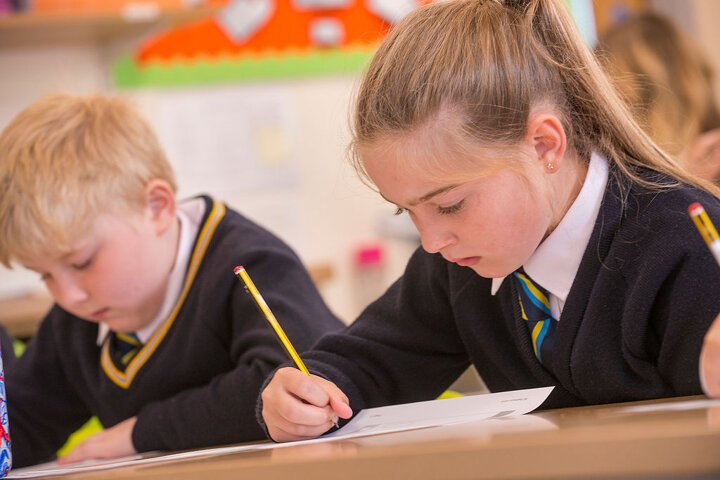
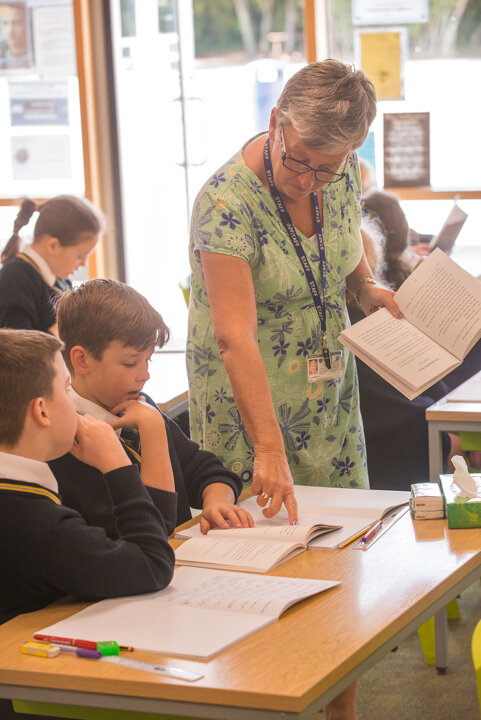
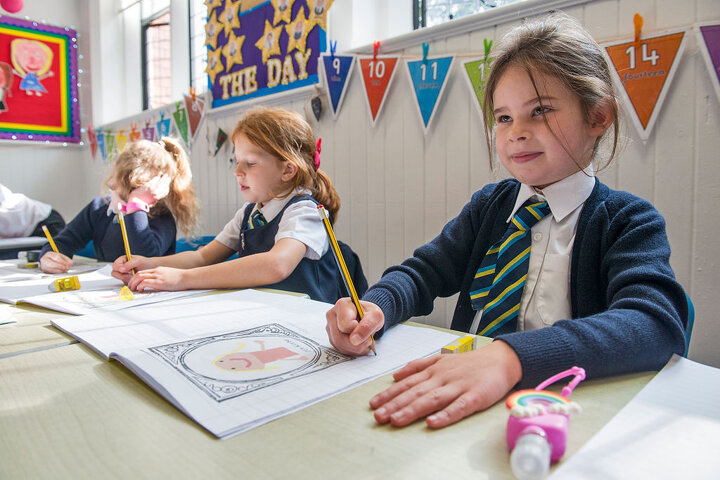

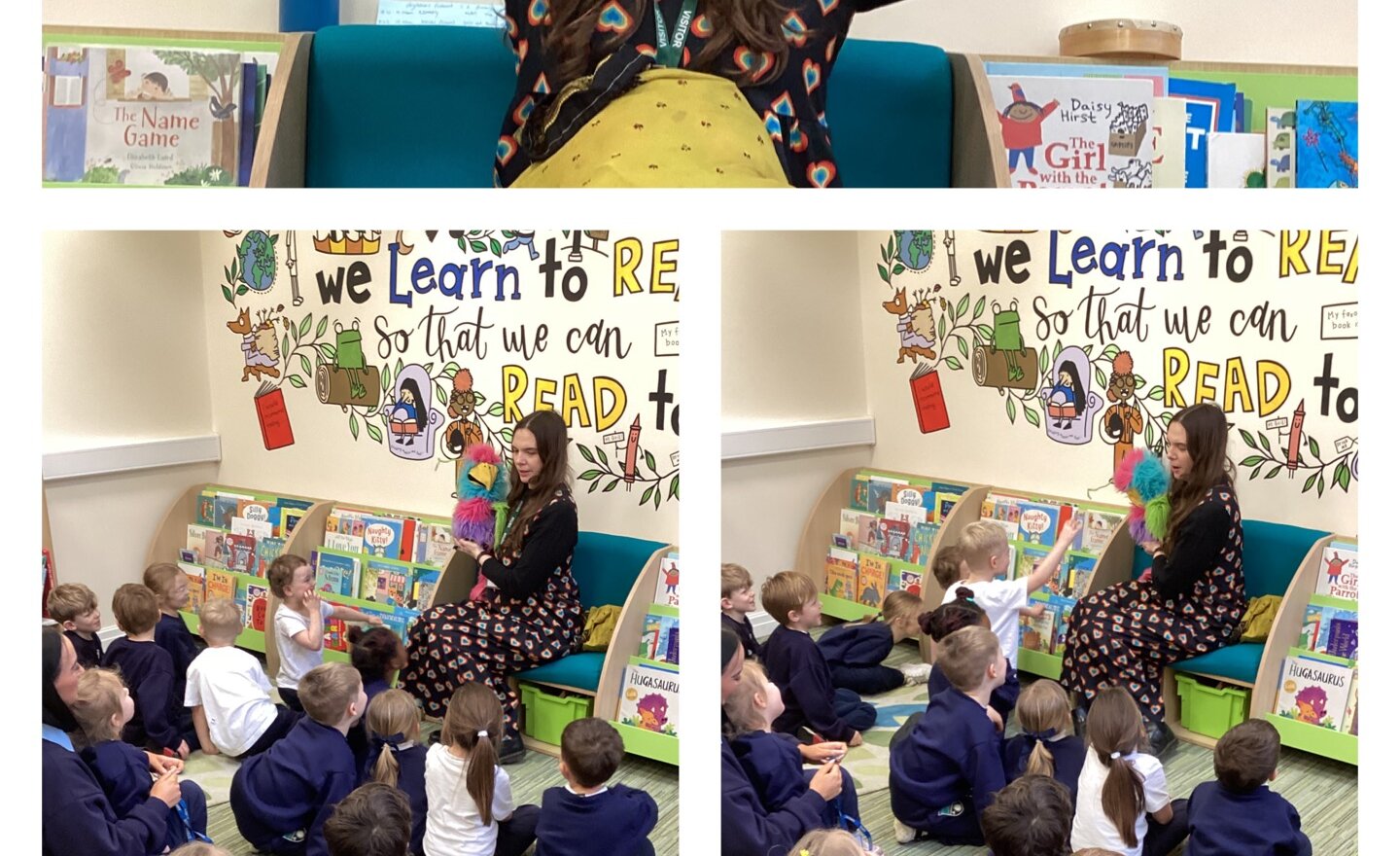
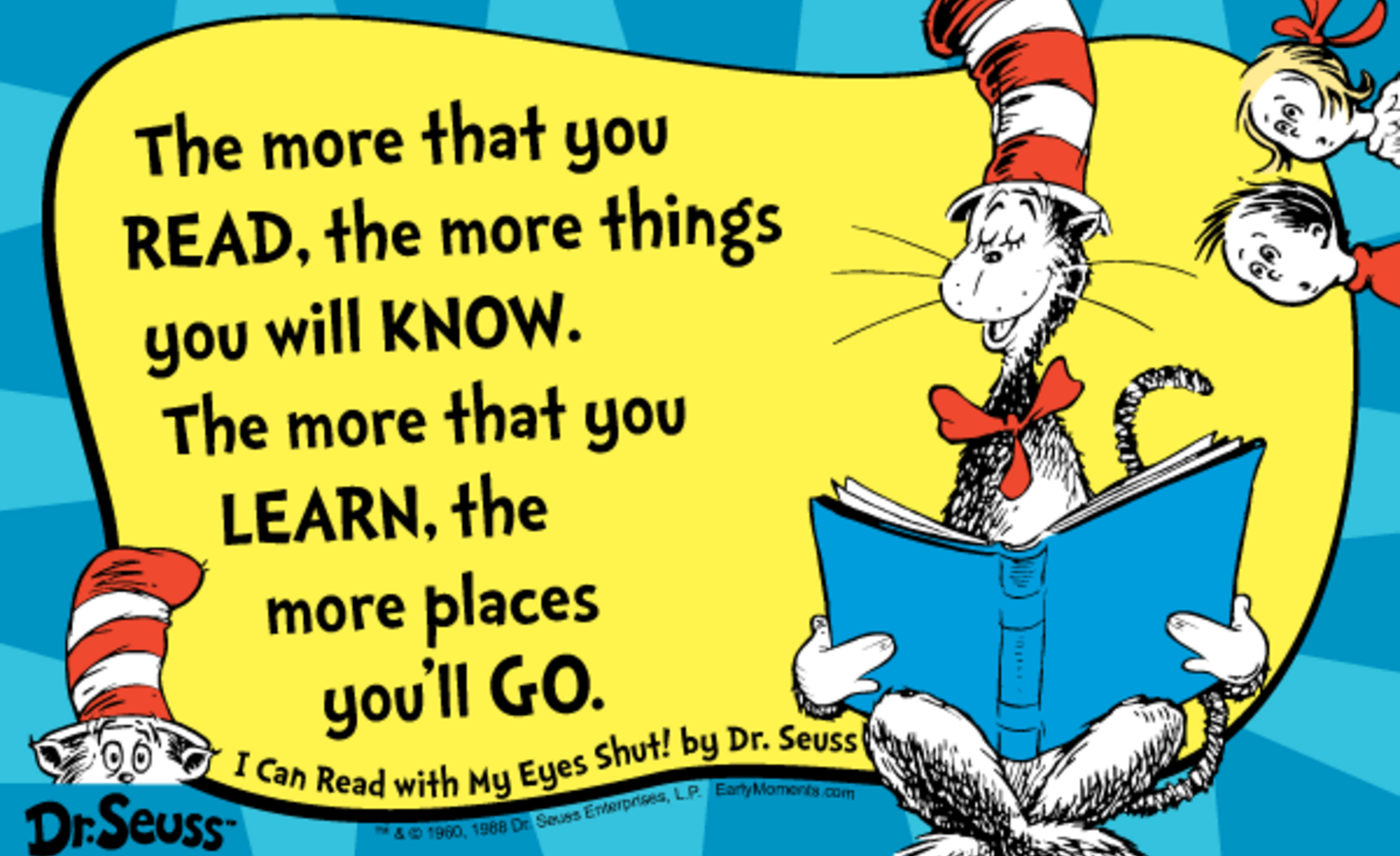
.png)